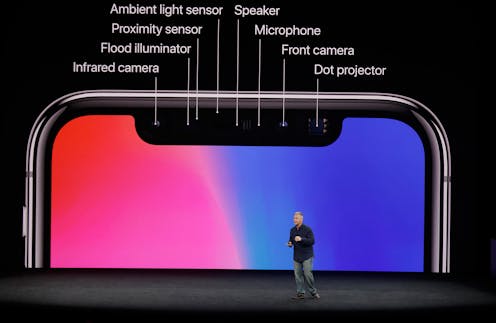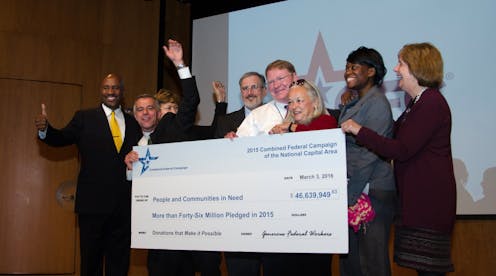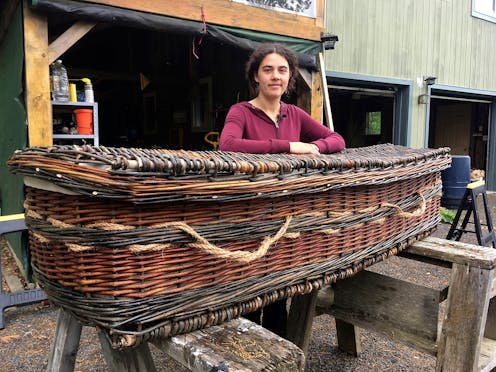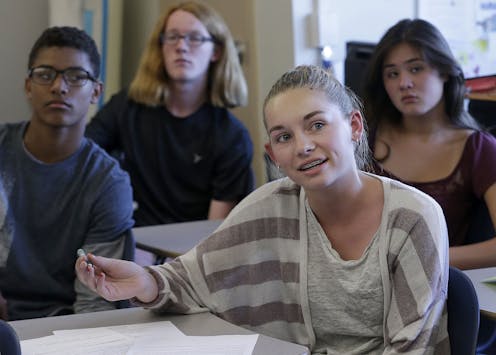Will the iPhone X be a hit beyond Apple diehards? 3 questions answered
- Written by John Jordan, Clinical Professor of Supply Chain & Information Systems , Pennsylvania State University
 The iPhone X's big new features come with a high price tag.AP Photo/Marcio Jose Sanchez
The iPhone X's big new features come with a high price tag.AP Photo/Marcio Jose SanchezEditor’s note: As consumers eager to get their hands on Apple’s 10th anniversary phone line up online to be among the first to buy one, a few questions remain. Known as the iPhone X, the device starts at about US$1,000 and only gets more expensive...
Read more: Will the iPhone X be a hit beyond Apple diehards? 3 questions answered







